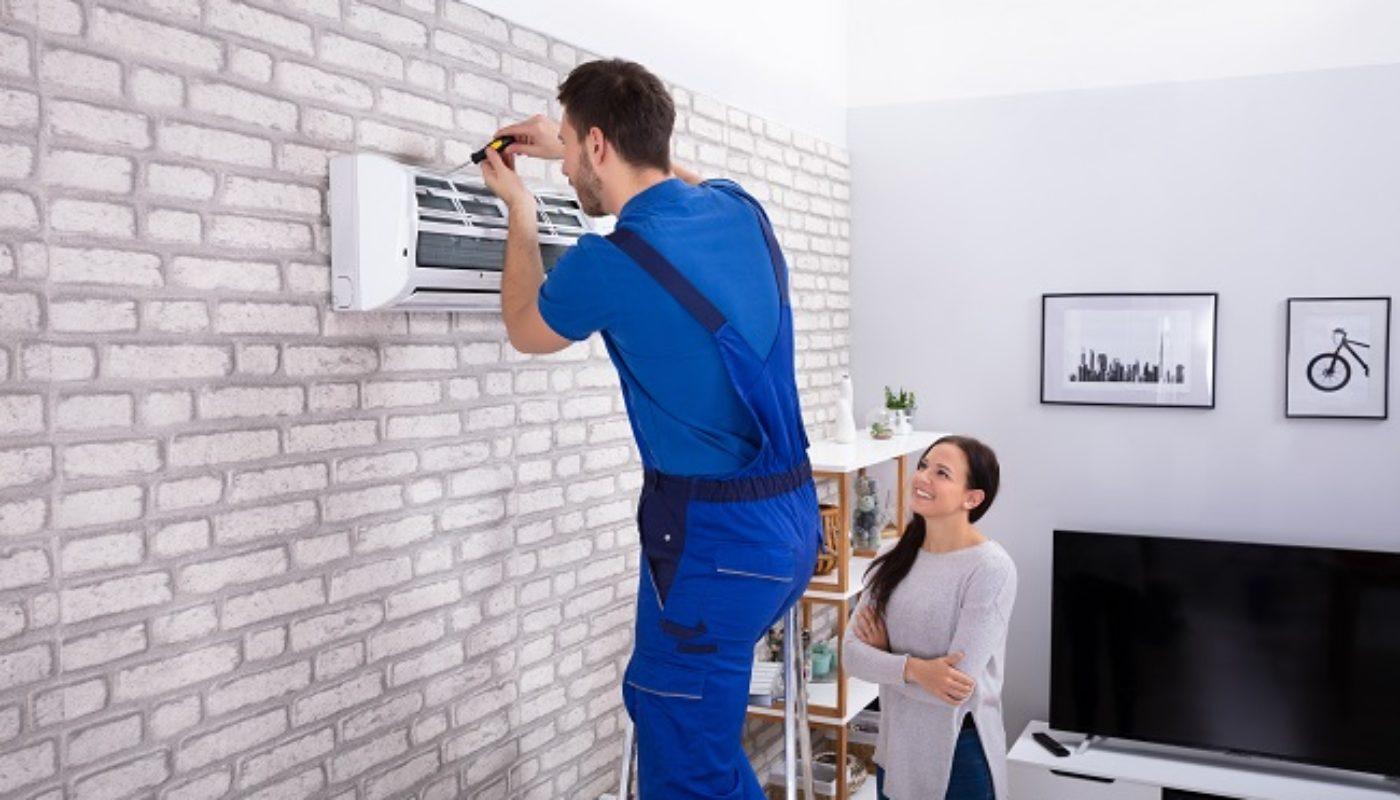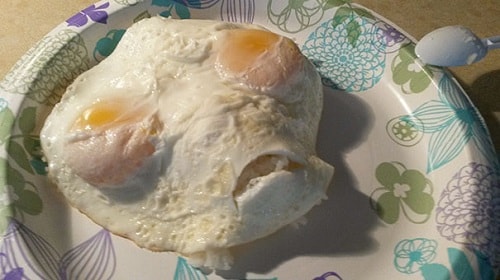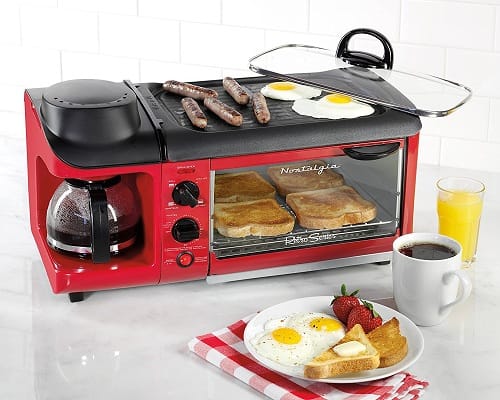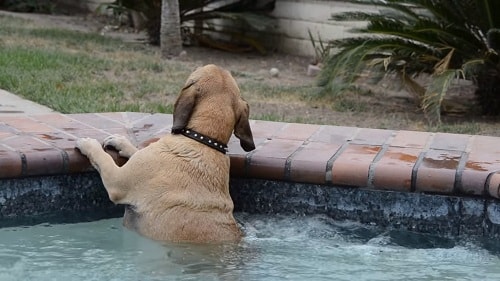Having your own heating, ventilation, and air conditioning (HVAC) system is one of the best investments you can have in your home. Nowadays, an HVAC system is an everyday necessity as it keeps your house warm during the cold season and cool during the summer months. Generally, its main purpose is to provide a comfortable temperature for your home regardless of the season and weather.

As you continue to use your HVAC system every day, you can expect that sooner or later, it’ll fail and ultimately break down. After continuously shifting the system from air conditioning to furnace and vice versa, it’ll soon strain the system and adversely affect its functionality. Thus, as a homeowner, part of your responsibility is to perform HVAC maintenance regularly to detect any problems and perform necessary maintenance.
Otherwise, you may be forced to conduct HVAC system repairs or completely replace the system at once, which will be the most expensive option. The earlier you detect any issues from your HVAC system, the lower your heating and air conditioning maintenance costs will be. Below are the five ways you can reduce your HVAC maintenance and repair costs without compromising your indoor comfort:
- Be Mindful Of Your HVAC System
You probably pay much attention to your car by regularly checking if it makes any odd noises or some random screws and car parts go missing. You can also do the same for your HVAC system. If you hear any rattling, grinding, buzzing, or thumping sounds, it could mean that there’s an underlying issue that’s producing the odd noise.
Other signs of trouble relating to your HVAC system may include weak airflow, dripping water around your HVAC unit, thermostat problems, and spotty heating or cooling performance. If you find any of the irregularities mentioned, don’t hesitate to call professional help and let them do the troubleshooting Once you find out the real issue, you can have it fixed right away and save yourself from costly major repairs and HVAC replacements.
- Check Your Air Filters Regularly
Over time, your HVAC filters are bound to get dirty after months of operating and keeping your home’s temperature comfortable. However, leaving your HVAC’s dirty filters unchecked can lead to clogs and ultimately damage your system unit. Thus, always try to check your air filters regularly and clean them now and then. Keep in mind that the more people and pets are living in your house, the quicker it is for your system filters to get dirty.
So, for homeowners with reusable filters, clean them using a soft cloth and mild soap. Meanwhile, if your filters aren’t reusable, remember to change them every one to three months when necessary.
- Schedule Annual Maintenance
Scheduling your HVAC system for annual maintenance won’t only extend its lifespan but also help reduce your repair costs. Generally, air conditioners must be tuned up during the spring season while heaters should be maintained during the fall season. Doing this regularly—or at least on an annual basis—will likely prevent up to 90% of HVAC repairs. Moreover, this will also ensure that your system is operating in good condition, therefore cutting down your energy costs.
If possible, you may create an HVAC maintenance plan to ensure you won’t forget to book an annual system unit maintenance. Some HVAC companies can offer you a service and maintenance plan and even grant you discounts for your HVAC repair costs.
- Clean The Vents
If you own a ducted HVAC unit, it’s important to clean the vents regularly to keep them clean from dust and dirt, which could block the airflow. After they’re cleaned, make sure they’re not obstructed by any household items or furniture. If you’ve cleaned the vents and removed any obstruction, yet your system still has weak airflow, it may be best to have it checked with a professional technician right away.
- Clean The Outside System Unit
While it’s true that you’ll need to clean and check your system unit from the inside, it’s vital that you also pay attention to the outside of the unit. Since the rest of your HVAC unit is placed outside, it’s not surprising if twigs, leaves, and debris can get stuck on the surface.
So, don’t forget to check your outside unit and remove any debris and other objects stuck on the surface. If your unit is on the ground, make sure it’s placed on a flat, level surface. If it’s elevated, ensure that plants or shrubs are cut by at least two to three feet. When cleaning the inside and outside of your HVAC unit, make sure to disconnect the system first from the main power before wiping off the grit, grunge, or dirt.
These may sound like a time-consuming cleaning process, but keep in mind that most HVAC repairs and replacements are direct results of poor maintenance. Moreover, a dirty system will only take more time in providing enough cold or hot air in your home, resulting in higher energy bills. Meanwhile, a clean and functional HVAC system is less likely to experience any problems and helps you save money.
Endnote
Your HVAC system repairs and replacements costs are controllable if you consistently keep track of these maintenance tips. Sticking to your HVAC maintenance plan and cleaning your system unit regularly will help save you from costly repairs and higher energy bills.





